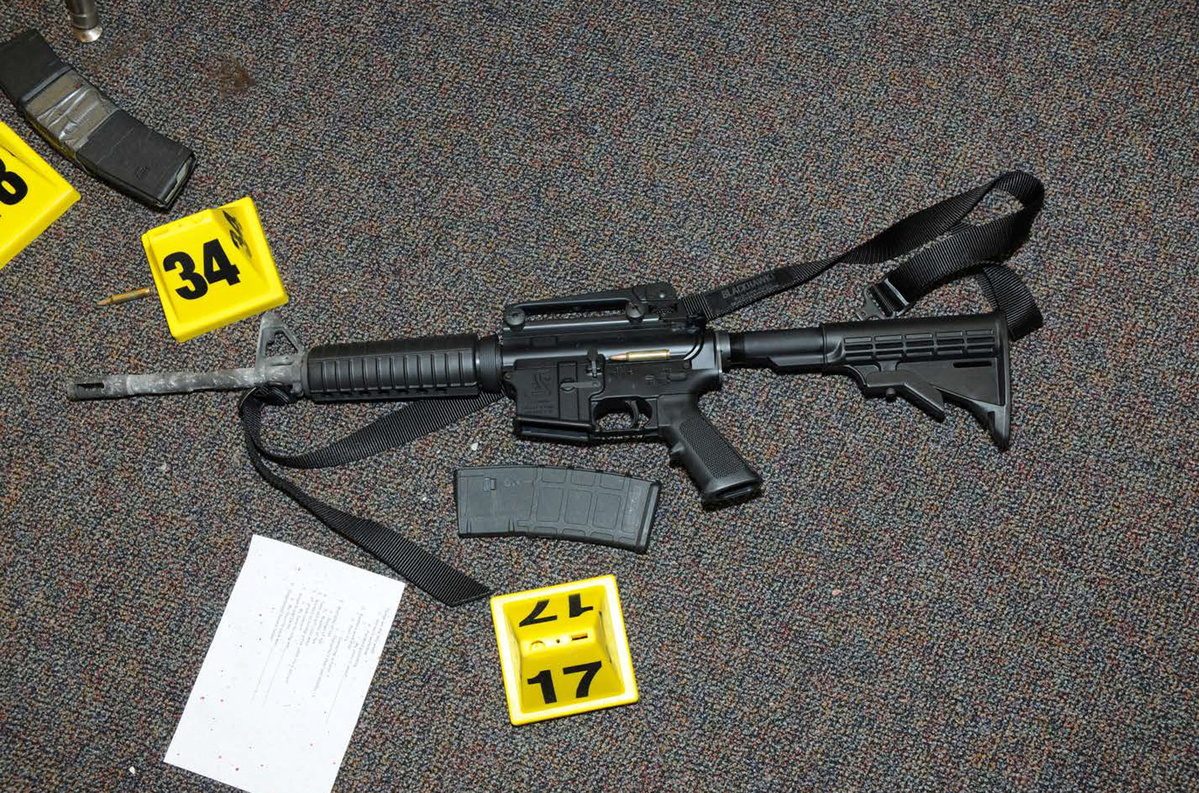Gun-maker to pay $33m in massacre at Conn. school


America's oldest gun-maker, which made a rifle used by the shooter who killed 20 children between 6 and 7 years old and six adult staff members in the 2012 Sandy Hook Elementary School massacre, has offered nearly $33 million to families of nine of the 26 victims.
Each family would receive $3.66 million. The settlement falls far short of what the families sought. In February, they argued in court that wrongful death settlements could total $225 million, with total punitive claims possibly exceeding $1 billion.
Remington made the offer in a lawsuit brought by the families, according to court documents filed Tuesday that were part of a bankruptcy hearing for the company. It is subject to the approval of the Alabama judge overseeing Remington's bankruptcy case. Remington filed for Chapter 11 bankruptcy last year for the second time in two years. Its assets were later sold off to several companies.
Josh Koskoff, a lawyer for the families, said they would "consider their next steps" regarding the offer.
"Since this case was filed in 2014, the families' focus has been on preventing the next Sandy Hook," he said in a statement. "An important part of that goal has been showing banks and insurers that companies that sell assault weapons to civilians are fraught with financial risk."
Remington, best known for its rifles and shotguns, was founded in 1816.
A Remington semiautomatic rifle — the Bushmaster XM-15 — was used by Adam Lanza, 20, to carry out the massacre on Dec 14 in Newtown, Connecticut. Before driving to the school, he shot and killed his mother in their Newtown home. As first responders arrived at the school, Lanza killed himself.
A federal law protects gun manufacturers from wrongful-death lawsuits brought by family members, but in their lawsuit, the families of the Sandy Hook victims instead sought to hold Remington responsible for marketing practices that praised the militaristic qualities of their rifles, potentially in violation of Connecticut law.
In their request to dismiss the lawsuit, Remington argued that there were no facts presented to establish that the company's marketing had anything to do with the shooting.
Remington appealed to the Supreme Court in 2019 to reverse a decision by the Connecticut Supreme Court to allow the case to go to trial, but the court declined to take it up.

































